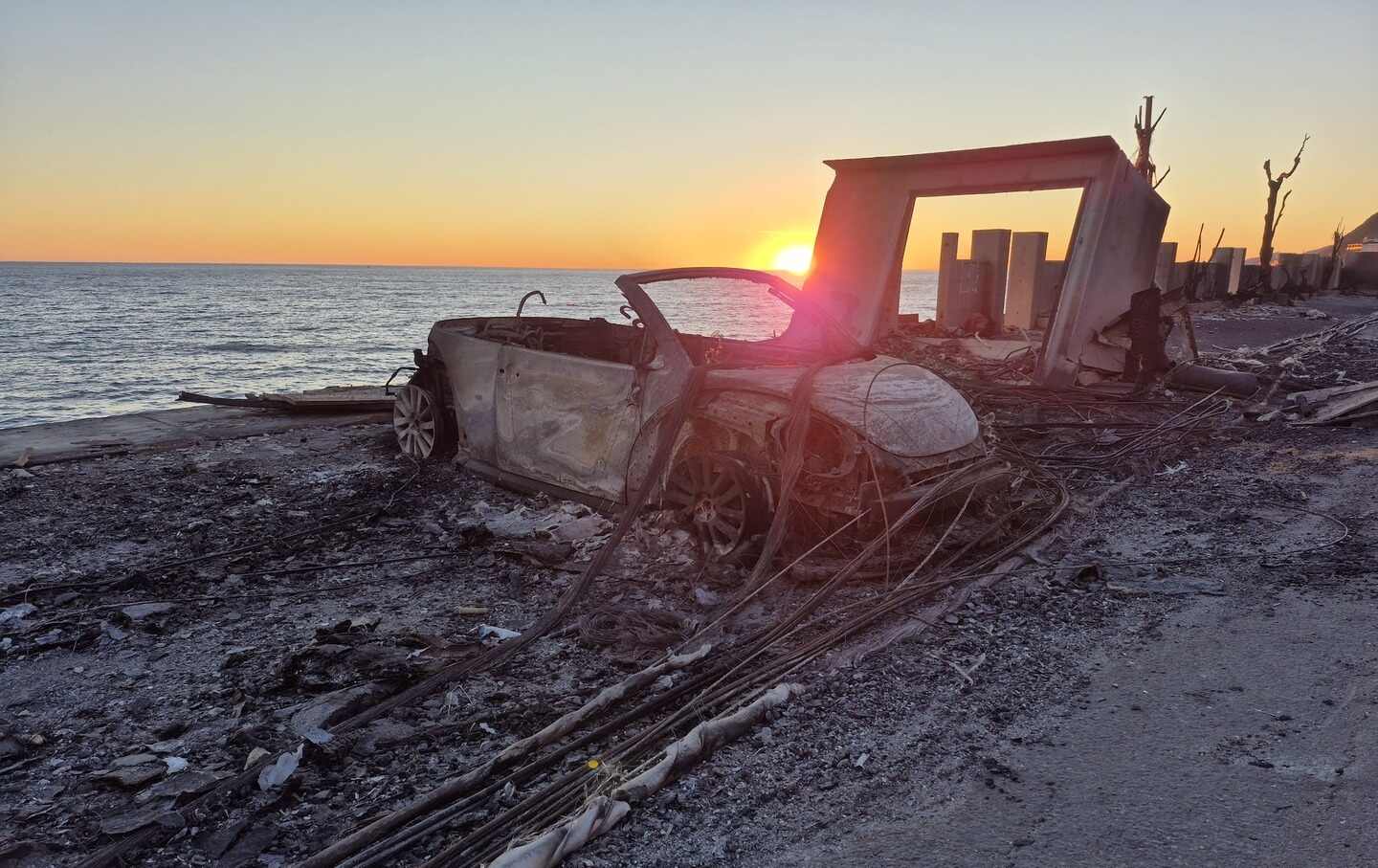Children may be protected from coronavirus by the portion of the immune system that we have from birth, a new study finds.
Researchers at Yale University and Albert Einstein College of Medicine found that adults who catch coronavirus are nine-times more likely to die of the infection compared to children.
They went a step further, analyzing the blood and plasma of both pediatric and adult patients in order to get a glimpse of how their bodies were responding differently to the infection.
In these samples, they discovered that children had higher levels of certain immune cytokines made by the so-called ‘innate’ immune system, while adults produced more antibodies and cytokines made by the ‘adaptive’ immune system.
Despite their higher antibody levels, adults struggled more against the disease by far.
The findings provide a clue to why children may fare so much better against coronavirus compared to how they cope with flu and other respiratory viruses, and shed light on COVID-19 tends to be so much milder in children than adults.
They also hint at something deeper. The weapons in the innate immune system might provide additional weapons well-suited to fighting coronavirus that are not offered by antibodies and facets of the adaptive immune system currently targeted by vaccines and drugs in development.
Children may be less likely to die of coronavirus because their innate immune systems fight the infection with less inflammation than adults’ adaptive immune systems, a study found (file)
In the earliest days of the pandemic, some thought children were wholly immune to the virus.
Speculations that perhaps children had somehow been exposed to low levels of the virus or a weaker cousin circulating the world, and had developed immunity to it.
Then early reports of sick children cropped up here and there around the globe, then within the US, and soon disturbing reports of covid-positive children with life-threatening inflammation choking multiple of their organs.
Kids, it became clear, were not entirely immune to infection.
Still, the number of pediatric cases remained low. Children between 0 and 17 make up just 8.4 of all US coronavirus cases.
Those between 18 and 29 – half of whom would be classified as children by the Yale and Albert Einstein team, but all of whom are considered young adults by the Centers for Disease Control and Prevention (CDC) represent 23.5 of US cases.
Death rates among young people are even lower. Kids between 0 and 17 account for just 0.2 percent of all US fatalities.
The new study involved 60 adults with COVID-19 and 65 children who caught the disease.
Twenty of the children also developed multisystem inflammatory syndrome in children (MIS-C), a life-threatening illness linked to coronavirus.
Across the US, at least 935 children have developed the condition, and at least 19 have died, according to states’ reporting to the CDC.
But in the Yale and Albert Einstein study, none of the MIS-C children died.
Just five of the kids enrolled in the study had to be kept alive by mechanical ventilators, compared to 22 adults.
By the study’s end, 17 adults (28 percent of the enrollment) had died, but only two children succumbed to the disease.
The children’s immune responses were about as different to the adults’ as were the outcomes of infection in the two groups.
Children had high levels of cytokines – immune proteins that start the fight against an infection and signal for other immune cells to join in – that are associated with the innate immune system.
Innate immunity is with us from day one and is great broad spectrum protection against any possible pathogen – but its components are like blunt objects that bludgeon a virus or bacterium.
The researchers found that adults with COVID-19 were nine-times more likely to die from the virus than were children (file)
Adaptive immunity has to be developed over the course of our lives in response to specific invaders. This portion of the immune system, which includes antibodies and T cells, offers much more tailored, precise defense against an infection.
Children in the study had high levels of an immune cytokine called IL-17A.
‘The high levels of IL-17A that we found in pediatric patients may be important in protecting them against progression of their COVID-19,’ said Dr Kevan Herold, of Yale University.
In contrast, kids had lower levels of neutralizing antibodies, which have been thought to be the most important adaptive immune defenses against coronavirus.
Adults who fared worst, on the other hand, had the highest levels of these antibodies, and relatively low levels of the innate immune cytokines seen in children.
Vaccines against coronavirus are being designed to teach the body to produce antibodies, but Dr K Herold and his study co-author Dr Betsy Herold of Albert Einstein College of Medicine, say their findings don’t necessarily mean that vaccines are off-target.
It could be that the innate immune system response comes with less inflammation than the antibody-rich adaptive immune response. And that inflammation is the part of COVID-19 that has proved deadly for so many people, especially adults.
Rather, Dr B Herold told DailyMail.com that therapeutics that rev up the innate immune system, which fades with age, could be useful in treating COVID-19. Already, at least one – interferon – is being tested in clinical trials.
What’s more, she said that the findings suggest an adjuvant (an immune response-boosting ingredient sometimes added to vaccines) that could promote an innate immune response could elevate the effectiveness of a vaccine – we just don’t know that added ingredient would be.
‘I wish we knew that magic answer,’ Dr B Herold said.








